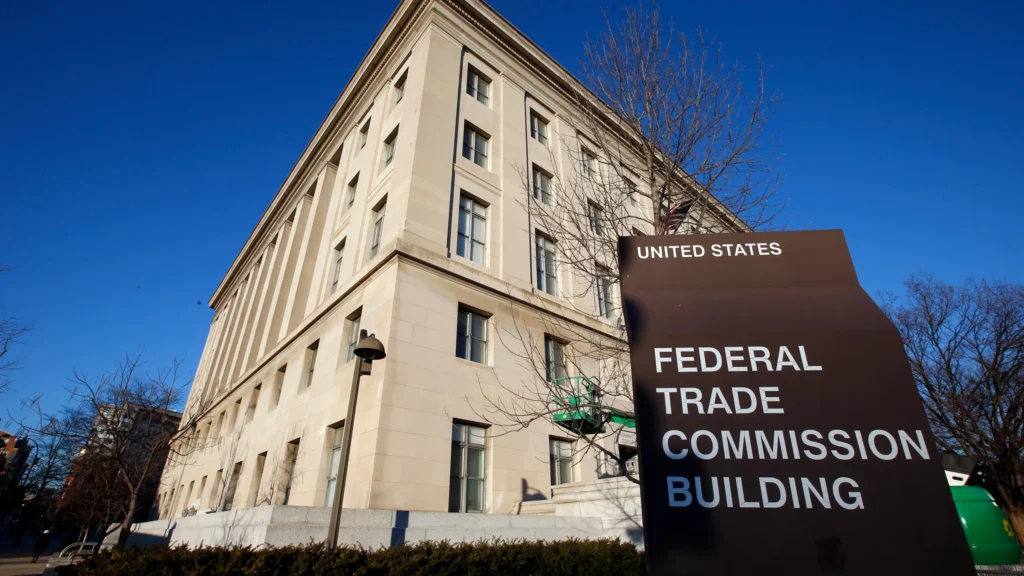The recent legal action taken by the Federal Trade Commission (FTC) against Arise Virtual Solutions has brought significant attention to the practices and pitfalls within the gig economy, particularly concerning the transparency of earnings and financial commitments required of workers.
Arise Virtual Solutions operates as a platform connecting independent contractors with major corporations for customer support roles. The FTC’s lawsuit alleges that Arise engaged in deceptive practices by misleading prospective workers about potential earnings. Specifically, Arise advertised that individuals using their platform could earn up to $18 per hour for remote customer support positions. However, internal documentation cited by the FTC revealed that the average pay for work on its platform was considerably lower, around $12 per hour. Furthermore, the FTC claimed that nearly all new users who joined between 2019 and 2022 earned less than the advertised $18 per hour rate, with only a minuscule fraction achieving such earnings.
This disparity between advertised earnings and actual pay is not only misleading but also financially impactful for the workers who relied on these promises when deciding to invest time and money into participating on the Arise platform. In addition to misleading income claims, the FTC’s lawsuit also focused on Arise’s practice of requiring workers to bear significant upfront costs. These costs include purchasing necessary equipment such as computers and headsets, as well as mandatory training courses that workers must complete before they can begin working on the platform. The combination of misleading income expectations and these financial obligations created a scenario where many workers invested substantial funds but did not achieve the anticipated financial returns or employment opportunities.
As a result of the FTC’s legal action, Arise Virtual Solutions agreed to a settlement that includes reimbursing $7 million to affected workers. This reimbursement is intended to compensate individuals who suffered financial losses due to the discrepancies between promised and actual earnings. Despite agreeing to the settlement, Arise maintains that it does not admit any liability or wrongdoing. The company released a statement expressing its disagreement with the FTC’s allegations and its characterization of the facts. However, the settlement allows Arise to avoid prolonged litigation and associated costs, which could have further impacted its operations and reputation.
Beyond the financial restitution, the FTC’s lawsuit against Arise is notable for its invocation of the Business Opportunity Rule. This rule, enforced by the FTC, mandates that companies must provide clear and accurate disclosures to potential workers about earnings claims and financial obligations before individuals commit time and money to a business opportunity. The FTC’s use of this rule in the context of the gig economy sets a precedent for future enforcement actions and underscores the importance of transparency in advertising and consumer protection.
The implications of this case extend beyond Arise Virtual Solutions. It serves as a cautionary tale for other gig economy platforms, highlighting the regulatory risks associated with misleading income claims and inadequate disclosures. The gig economy, characterized by its flexibility and entrepreneurial opportunities, also presents challenges related to worker protections and regulatory oversight. The FTC’s actions signal a growing scrutiny of these issues and a commitment to enforcing consumer protection laws in this rapidly evolving sector.
Shannon Liss-Riordan, an attorney known for representing workers in lawsuits against gig economy companies, commented on the settlement, noting that while $7 million may not significantly impact Arise’s operations financially, it serves as a warning to the company and others in the industry. Liss-Riordan emphasized that government agencies are increasingly monitoring gig economy practices and are prepared to intervene when necessary to protect workers’ rights.
Looking ahead, the outcome of this case may prompt gig economy platforms to reassess their practices and policies regarding earnings disclosures, financial obligations, and overall transparency. Companies operating in the gig economy will likely face heightened expectations from regulators and stakeholders to prioritize fair treatment of workers and compliance with consumer protection laws. This shift could lead to reforms within the industry aimed at enhancing worker protections and restoring trust among participants in gig labor markets.
In conclusion, the FTC’s legal action against Arise Virtual Solutions underscores the importance of truthful advertising and comprehensive disclosures in the gig economy. It reflects ongoing challenges and regulatory pressures facing companies that operate platforms connecting independent contractors with work opportunities. As the gig economy continues to evolve, stakeholders will continue to advocate for policies and practices that promote fairness, transparency, and accountability for all parties involved.
